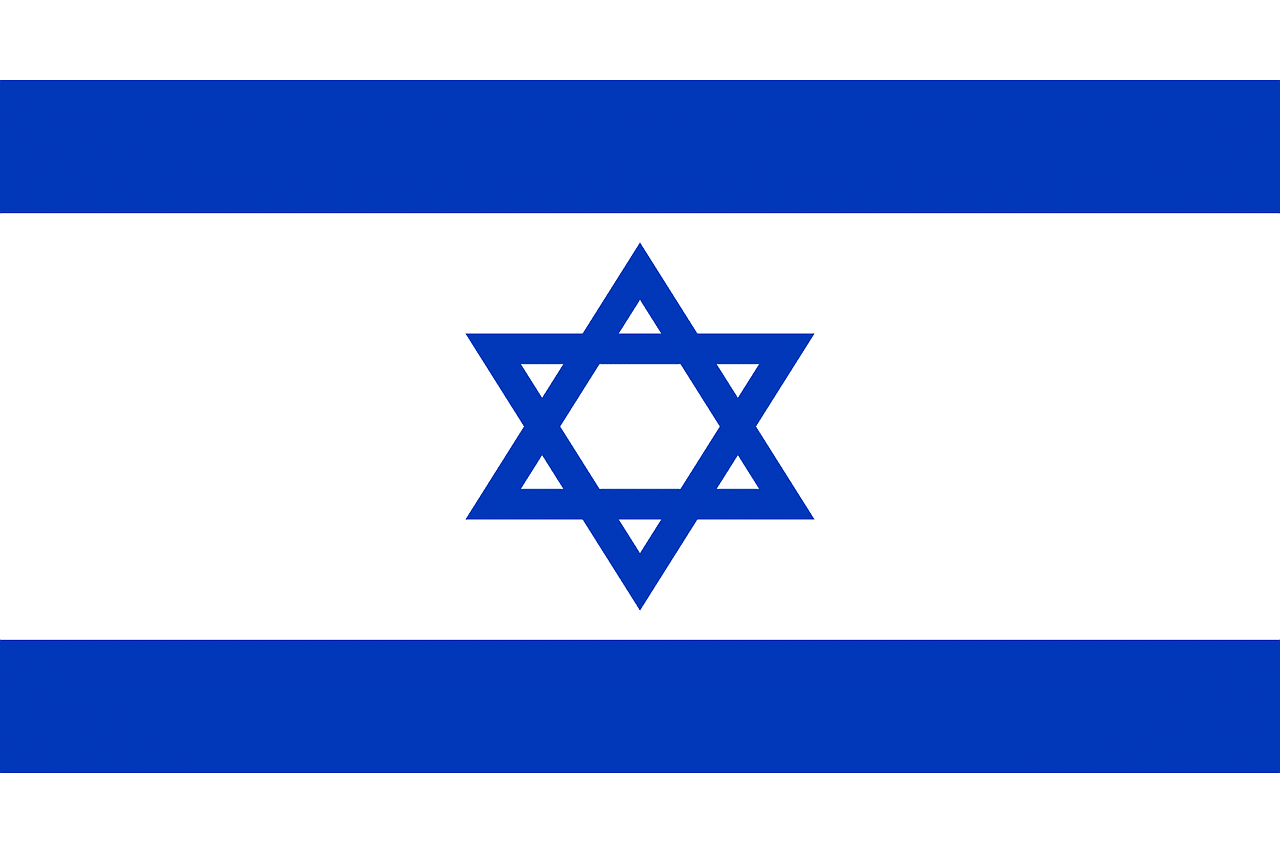More Than 3,600 Export Licenses Rescinded Amidst NSO Scandal

In recent news, the Defense Ministry of the State of Israel has decided to revoke more than 3,600 licenses granted for exporting. This was done in the last year alone when certain concerns were raised related to political instability and human rights abuses. The Ministry of Foreign Affairs and Ministry of Defense are constantly carrying out strategic situational and policy assessments. Consequently, the relevant government officials are also looking towards implementing various defense export policies and making developments. The Defense Ministry further said that it has been keeping an eye on numerous events occurring across the globe that could influence the export policies of the country.
This announcement was made by the Ministry no less than a month after a decision was made by the Defense Export Controls Agency (DECA) to tighten the controls placed on cyber exports. Moreover, the agency went on to publish a newer version of the already existing end-user declaration, which is signed by every country in order to attain a license to trade with the Jewish state. The Ministry additionally disclosed that it was working on plans and outlines that would help it tighten control on certain exports, specifically cyber ones. In addition, several cyber-surveillance companies of Israel, such as the NSO Group, are constantly in the headlines.
This is primarily due to their spyware, such as Pegasus, which enables the user to switch on the microphone or camera of a phone and harvest its data. For a long time, the Jewish state has made strong claims that it believes in maintaining a strict oversight when it comes to the sales of weapons to governments abroad. As of now, the NSO is asserting that all of its products are only sold to verified agencies that work in the field of law enforcement. Furthermore, the company is claiming that these systems are used only for the purpose of fighting terrorists, criminals, as well as corruption.
On the other hand, the corporation has been called out for numerous accusations, ever since the Pegasus Project was first released in the summer. Following the release, around 50,000 targets across the globe, which included activists and journalists, were later on hacked with the help of the product. Just a couple of days ago, an investigation was also published that highlighted that the former Prime Minister of the country, Benjamin Netanyahu, had renewed a license for spyware for Saudi Arabia. Initially, the Defense Ministry had stated that it would not be renewing the license, saying that the country is known for abusing spyware.
Consequently, DECA announced that it will only be processing some applications. As of now, it has no less than 18,000 applications waiting to go through for marketing-related licenses, sent in by around 190 countries. An additional 5,300 applications have also been submitted for licenses related only to security exports by some 130 countries. Currently, 1,700 exporters have been registered with DECA, as well as in the Defense Export Register.



